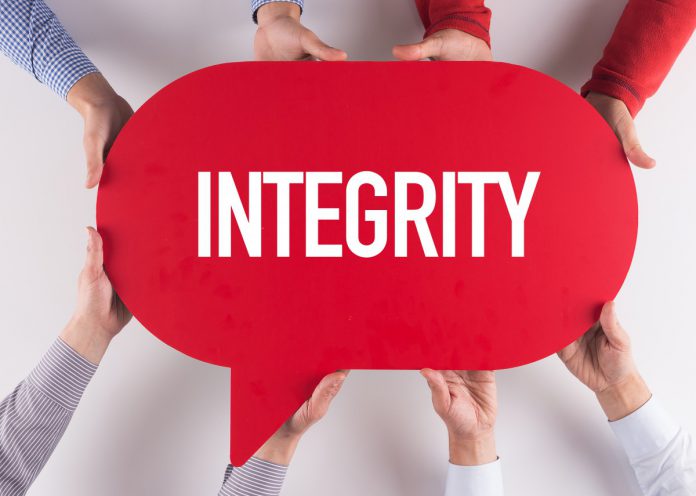A betting integrity information sharing agreement has been signed between the International Betting Integrity Association (IBIA) and the Sports Integrity Unit created by the Malta Gaming Authority (MGA).
The Memorandum of Understanding (MoU) is the first agreement between the integrity unit and a betting monitoring system and highlights the commitment of both organisations to protect consumers, sports and betting markets from corruption
Khalid Ali, CEO of the International Betting Integrity Association, stated: “The creation of the Sports Integrity Unit and its focus on tackling match-fixing is a very welcome move, which is why I am delighted to have reached this agreement with the MGA that will allow us to work collaboratively on integrity.
“For its part, IBIA will utilise its unique global betting monitoring system, which includes many of the largest MGA licensed operators, to provide information on suspicious betting to the Unit with the aim of preventing sports betting related corruption.”
Antonio Zerafa, the MGA’s Sports Integrity Officer, added: “The MGA has made the fight against the manipulation of sports competitions a core part of its licensing and regulatory policy.
“Working in partnership with other stakeholders, notably betting operators, is critical to the success of that approach and the MoU with IBIA is therefore of particular importance. IBIA and its members bring a wealth of market and consumer data that will undoubtedly serve to significantly strengthen the information and intelligence gathering ability of the Unit.”
The International Betting Integrity Association is a renowned global voice on integrity for the licensed betting industry. It is run by operators for operators, protecting its members from corruption through collective action. Its monitoring and alert platform is a highly effective anti-corruption tool that detects and reports suspicious activity on its members’ betting markets.
The association has longstanding information sharing partnerships with leading sports and gambling regulators to utilise its data and prosecute corruption. It represents the sector at high-level policy discussion forums such as the IOC, UN, Council of Europe and European Commission.
























